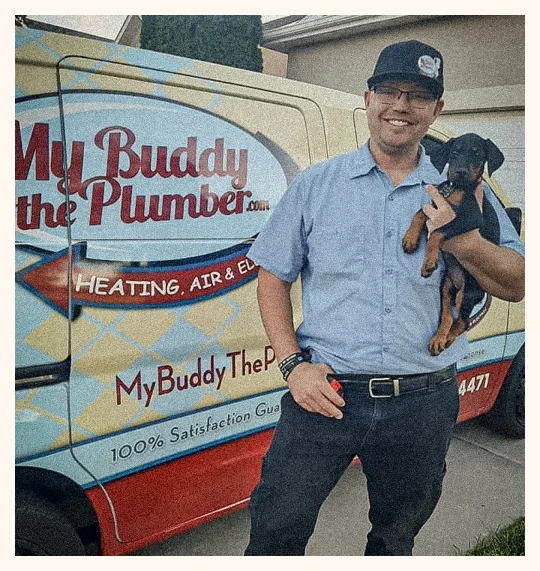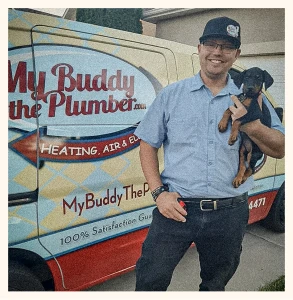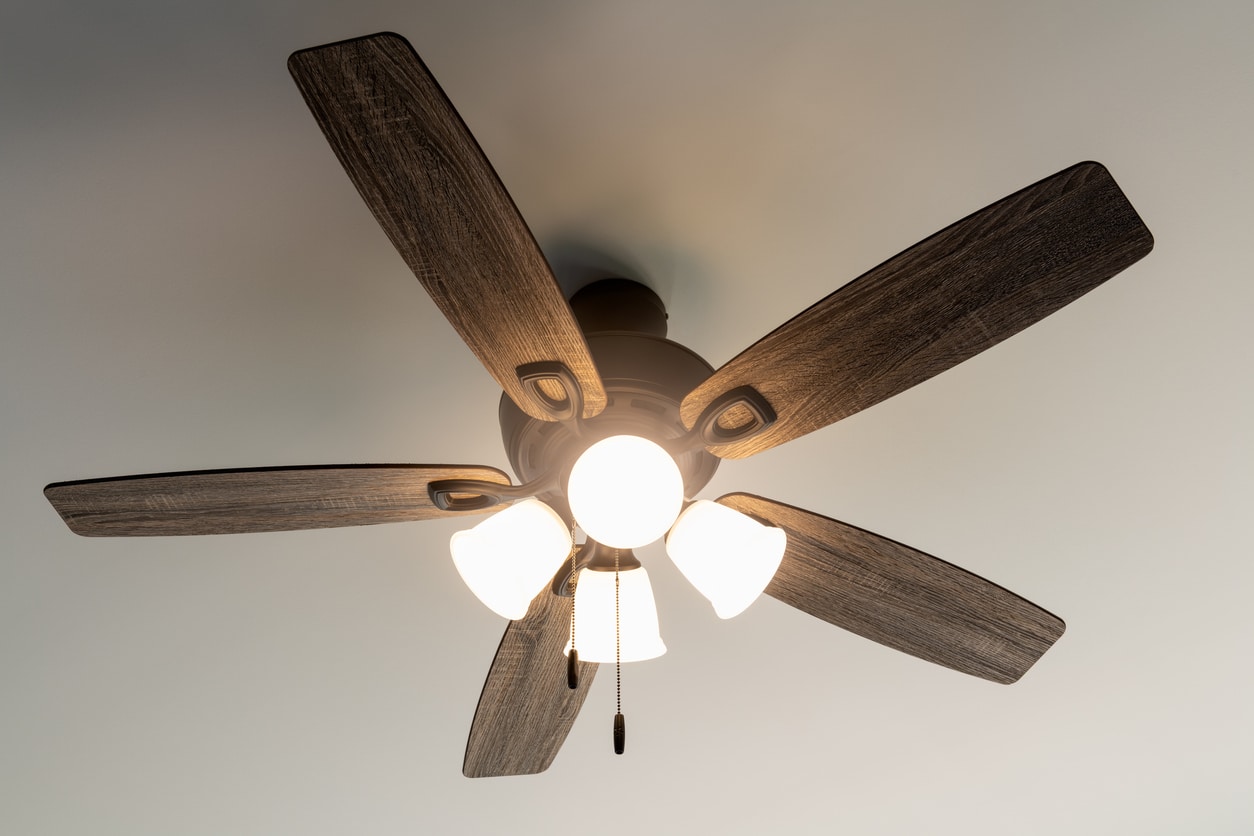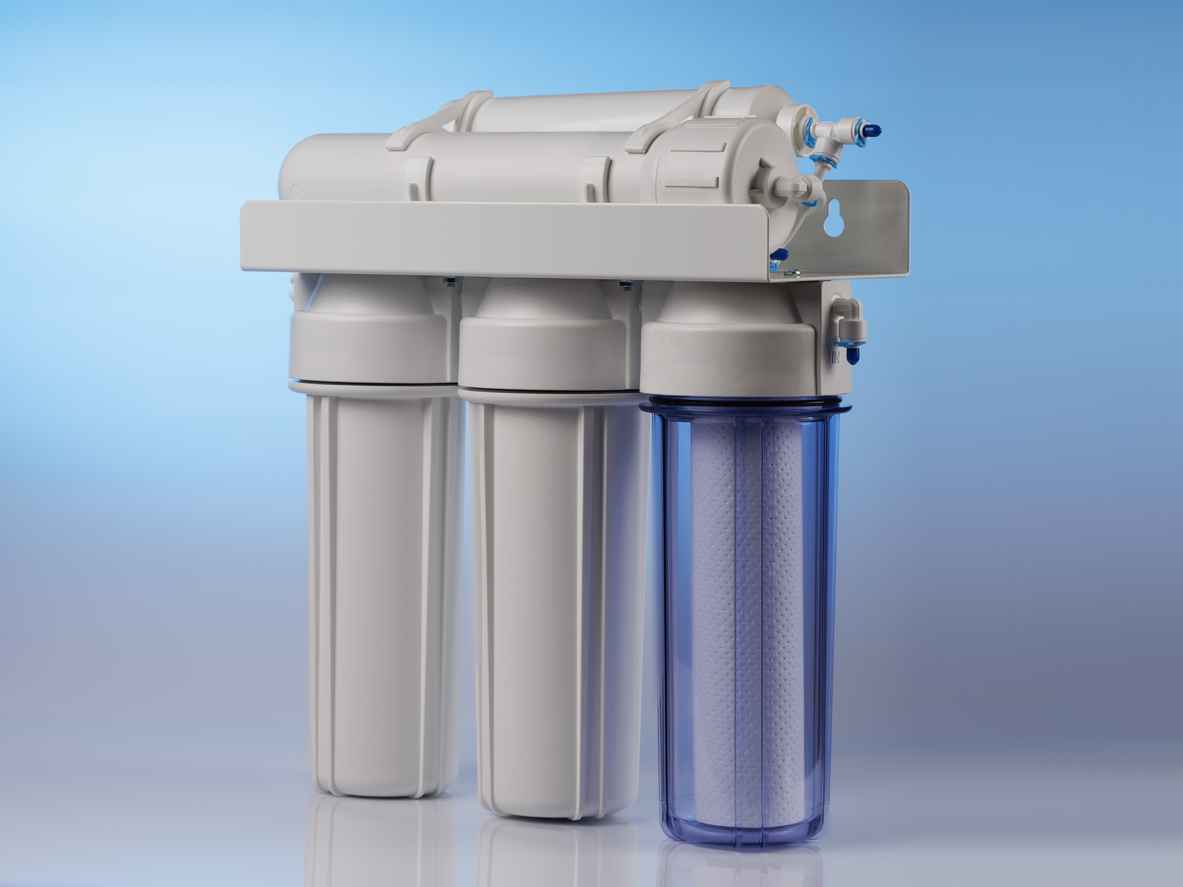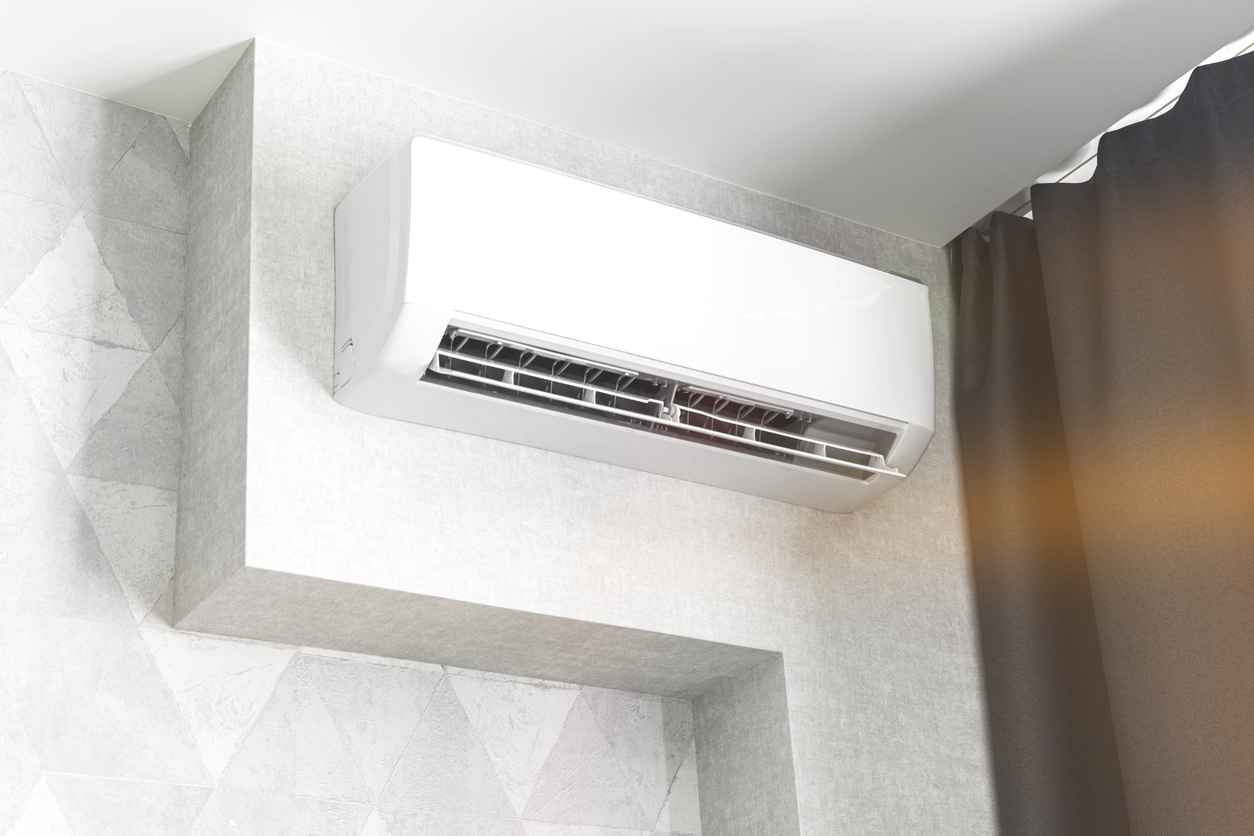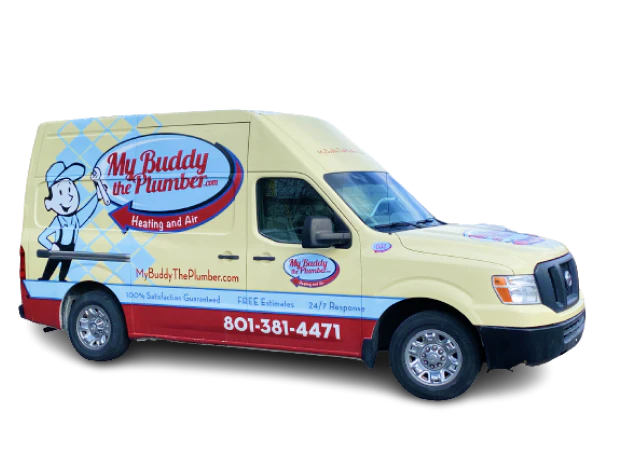HVAC Coil Corrosion Risks and Prevention Tips
Corrosion is never a fun word to hear in any of your home’s internal or external systems, and the HVAC system is a good example here. Specifically, one form of corrosion that sometimes appears within certain HVAC systems is known as coil corrosion, or issues when corrosion directly impacts certain coils that are meant for transporting air or other important substances within basic operations.
At My Buddy the Plumber, we’re happy to help with a variety of heating and air conditioning repairs, including for any coil corrosion or related issues that may be taking place. What are the important coils we’re referring to here, and why might corrosion be taking place within them? Let’s go over this theme, plus why coil corrosion is a risk and what can be done to both prevent and remedy it within your system.
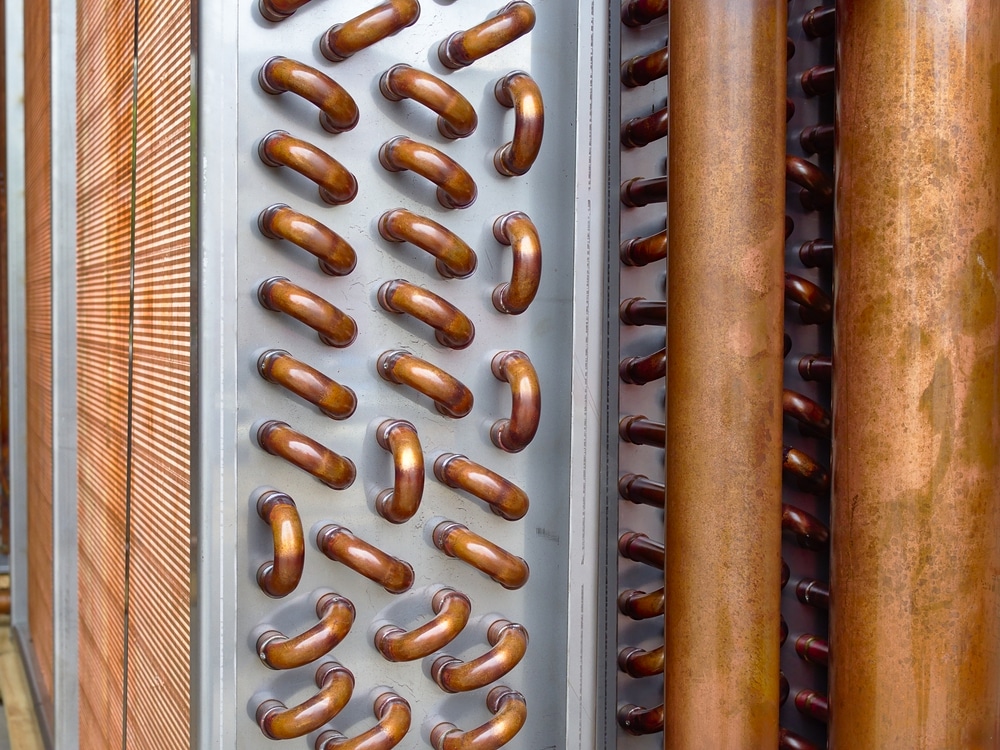
Important HVAC Coils
Firstly, let’s look at the two most important sets of foils that are present in the standard HVAC system today, plus the roles they fill:
- Condenser coil: Found on your outdoor air conditioning unit, the condenser coil helps to cool the hot refrigerant gas that’s been brought over from the compressor. This coil is usually made of copper tubing and aluminum fins.
- Evaporator coil: Found inside your home, on or near your furnace, the evaporator coil helps to warm up the incoming air by absorbing heat from it. The evaporator coil is usually made of aluminum tubing and copper fins.
These coils, like other components in your system, require basic upkeep and may experience certain issues from time to time. While corrosion isn’t the only such issue, it’s likely the most common — our next several sections will go over how this happens, why it’s risky and what you can do about it.
Causes and Types of HVAC Coil Corrosion
As we noted above, corrosion is likely the most common issue that takes place in these coil components within your system — but there are multiple causes or types that may be present. Generally speaking, these can be split into two categories:
- Pitting corrosion: When the coil is exposed to either moisture or various chemicals or detergents that contain chlorine or fluoride, pitting corrosion can form. This leads to small holes or pits in the metal, which allows for the passage of liquids and gases and can eventually cause a total failure of the coil.
- Formicary corrosion: When the coil contacts formic or acetic acids, the kinds usually found in products like paints, adhesives and cleaning agents, formicary corrosion can result. This type will lead to small pinhole leaks or a notable etching on the metal surface, which again can cause major issues if left unchecked.
The good news is that, no matter the form of corrosion you’re dealing with, we at My Buddy the Plumber are here to help get your HVAC system back up and running as quickly as possible. This is necessary due to the risks of leaving such corrosion, which we’ll go over next.
Risks of Continued Coil Corrosion
The primary risk of allowing corrosion to continue in your HVAC system is fairly obvious — a total breakdown of the coil, which will cause major operational issues until it can be replaced. This usually happens as a direct result of pitting corrosion, as the small holes eventually become large ones and allow for full breakage.
In some cases, you may need to replace not only the damaged coil but also the compressor and other related system components, which can be costly. Prevention is always key in these situations, so let’s take a look at some ways you can stop corrosion from happening in your coils in the first place.
Preventing HVAC Coil Corrosion
There are a few basic steps that you can take to help prevent any risk of HVAC coil corrosion, including:
- Regular coil cleaning: As part of your standard HVAC maintenance, you should be regularly cleaning your system’s coils. This helps to remove any dirt, dust or other debris that may have accumulated and could lead to corrosion if left unchecked. If you’re unsure how to do this, our team at My Buddy the Plumber would be more than happy to help.
- Using the right chemicals (and avoid the wrong ones): When cleaning your coils or any other HVAC components, it’s important that you’re using the right chemicals. Chlorine and fluoride are common causes of pitting corrosion, so make sure you’re avoiding any products that contain these. On the other hand, formic and acetic acids can be eliminated by using ammonia-based cleaners or products that contain baking soda.
- Protective coating: For some HVAC coils, a protective coating can be applied to help prevent corrosion from happening in the first place. This is usually a good idea for systems that are located in areas with high humidity or other factors that could lead to increased corrosion risks.
- Whole-home air cleaner: In other cases, corrosion will be primarily caused by airborne VOCs (volatile organic compounds) and other contaminants. Installing a whole-home air cleaner can help to reduce these risks and keep your coils free from any harmful agents.
- Regular HVAC inspections: Finally, this is one area that highlights the value of having a regular HVAC maintenance plan. By having one of our experts come out and inspect your system on a regular basis, we can help to catch any early signs of corrosion and take the necessary steps to prevent it from becoming a bigger problem.
For more on how to manage and prevent any corrosion issues in your HVAC coils, or to learn about any of our HVAC or plumbing solutions, speak to the pros at My Buddy the Plumber today.
Recent Posts
Recent Posts


Join the My Buddy Club
Easy Maintenance & Exclusive Benefits
The My Buddy the Plumber’s Club is our comprehensive maintenance membership program that will protect your home comfort systems! From an in-depth home plumbing inspection to thorough furnace and air conditioning tune-ups, the club does it all. Our team will ensure your HVAC, plumbing, and electrical systems are running safely and in top shape. Joining our club can also provide plenty of exclusive perks, such as:
- Priority service
- 10% discount on repairs
- No after-hours fees
- Peace of mind
- Matched manufacturer’s warranty
- Tank water heater flush
- Drain cleaning
- Electrical safety inspection


